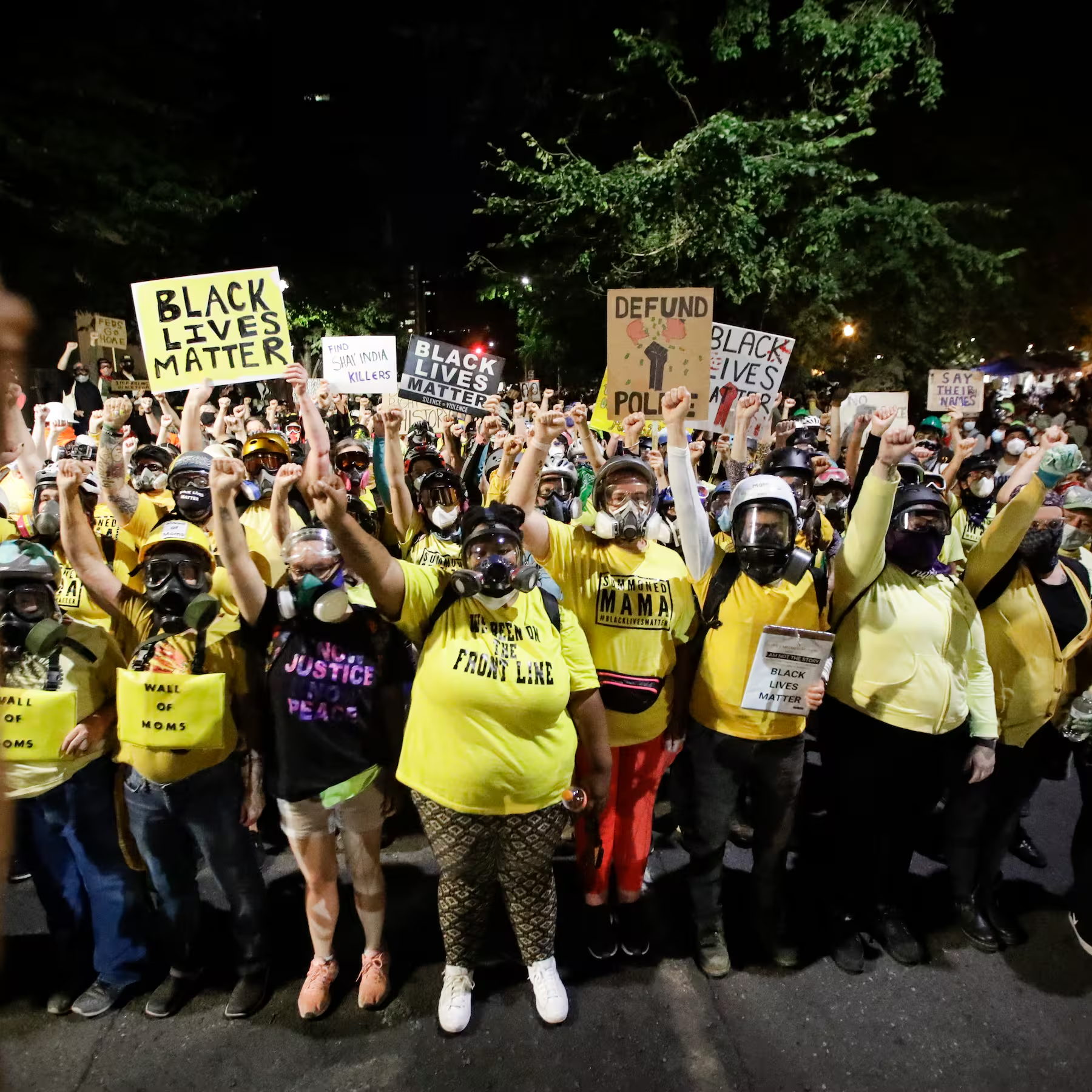The aesthetic of elementary schools often revolves around bright colors and hopeful messages, creating an atmosphere that fosters optimism. However, a recent incident at a local school challenges this notion of inclusivity. A banner displaying the message "Everyone is welcome here" has sparked significant controversy, leading to its removal from sixth-grade teacher Sarah Inama"s classroom. This situation raises critical questions about who is welcomed in our educational spaces and the implications of such bans on diversity and inclusion.
Multiracial Messages Under Attack
In a world increasingly divided by political ideologies, the removal of a simple banner that promotes acceptance and unity serves as a troubling reflection of our current climate. The banner, featuring heart-holding hands of various colors, was deemed unacceptable by school officials specifically because it celebrated multiracial community. This decision underscores a disturbing trend where expressions of diversity are not only challenged but actively censored.
Educational Spaces Should Reflect Society
According to a report from Bialystok, the moral and political significance of identity in education cannot be overstated. Schools should act as microcosms of the diverse societies we inhabit, promoting values of equity and inclusion. When educational institutions decide to silence messages of diversity, they not only undermine the very foundation of liberal education but also send a clear message to students: some identities are less valued than others.
\n\n
What did I say in class today?": Teachers feel watched under ...
Consequences of Censorship in Education
The implications of banning inclusive messages extend far beyond the classroom. Research shows that creating an environment where diversity is celebrated leads to better educational outcomes for marginalized students. By stifling conversations about race and identity, schools risk alienating those students who might benefit the most from supportive dialogues. Furthermore, this censorship fosters an atmosphere of fear where educators may hesitate to teach about essential social issues.
Worker Rights and Educational Equity
The fight for worker rights often intersects with issues of educational equity. Teachers like Sarah Inama are on the front lines, advocating for a curriculum that embraces diversity. However, they face systemic barriers that limit their ability to create inclusive environments. According to research on school choice, policies that prioritize parental rights and educational choice often do so at the expense of social diversity and equity in educational opportunities.
\n\n
A long-forgotten holiday animates Black Lives Matter - The ...
Embracing Diversity is a Social Justice Issue
The backlash against this banner is symptomatic of a larger cultural war being waged against diversity and inclusion efforts across the country. This situation calls into question the very essence of what it means to be a community. As we navigate the complexities of identity in our society, it is crucial that we support educators who strive to create inclusive environments that reflect the values of justice and equality. Every student deserves to see themselves represented in their learning spaces, and every educator should feel empowered to promote these values without fear of censorship.







![[Video] Gunfire between Iraqi security forces and Sadr militias in Baghdad](/_next/image?url=%2Fapi%2Fimage%2Fthumbnails%2Fthumbnail-1768343508874-4redb-thumbnail.jpg&w=3840&q=75)
